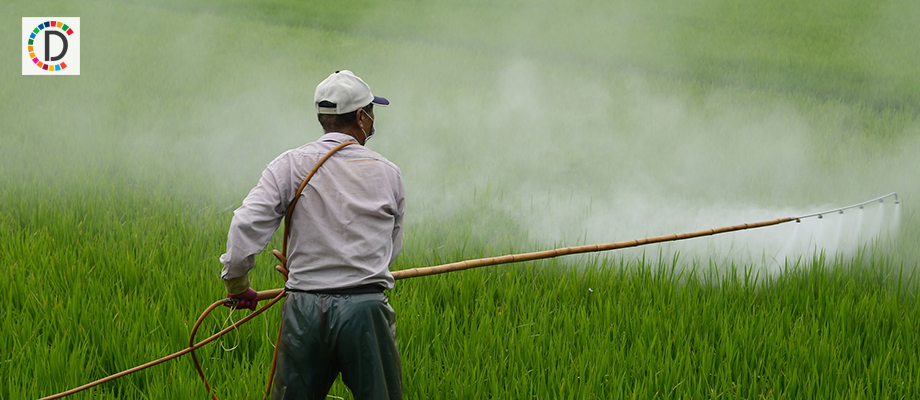Fungal Bioherbicide Revolutionizes Maize Farming in Kenya
In western Kenya, Catherine Wanjala increased her maize yield by 675% using the bioherbicide Kichawi Kill to combat witchweed. Developed by Toothpick, this eco-friendly solution is expanding across sub-Saharan Africa, promising significant agricultural improvements without harming the environment or biodiversity.

Catherine Wanjala's maize farm in western Kenya has seen a remarkable transformation with the introduction of Kichawi Kill, a fungal bioherbicide. Her maize, previously stunted by the parasitic witchweed, has reached a yield increase of 675%.
Unlike traditional pesticides, Kichawi Kill targets specific weeds without damaging other plants, making it an eco-friendly alternative. Developed by the social enterprise Toothpick, it was launched commercially in Kenya, supported by the World Food Programme's innovation unit.
The solution is gaining traction across sub-Saharan Africa, aiming to tackle the witchweed problem plaguing millions of hectares of farmland. With trials underway in multiple countries, Kichawi Kill is poised to revolutionize agriculture while maintaining ecological balance.
(With inputs from agencies.)
ALSO READ
Dreams of Prosperity Crash: African Agriculture's Ill-Fated Investment in Senegal
Haiti Unrest: Kenyan Officers Wounded Amid Mounting Gang Violence
Haryana's Blue Revolution: Synergy and Innovation in Agriculture
Revolutionizing Agriculture: AI and IoT Empowering Farmers for Sustainable Growth
SBI and Citi Unite for Transformative Social Loan Scheme in Agriculture










